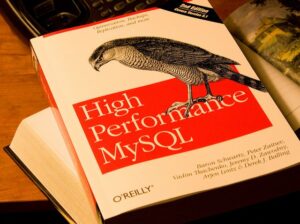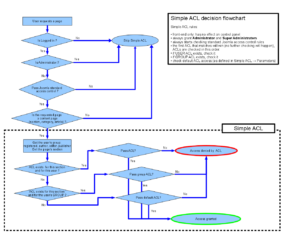Posted inWordPress
How to Fix Yoast SEO for WordPress DeleteDuplicateIndexables MySQL error
In recent days, there are a number of reports about broken Yoast SEO database operations, related to the DeleteDuplicateIndexables function. The PHP function is located in the file wordpress-seo\src\config\migrations\20200507054848_DeleteDuplicateIndexables.php, and in this post I'll provide you with a possible fix for this statement. Read on.








